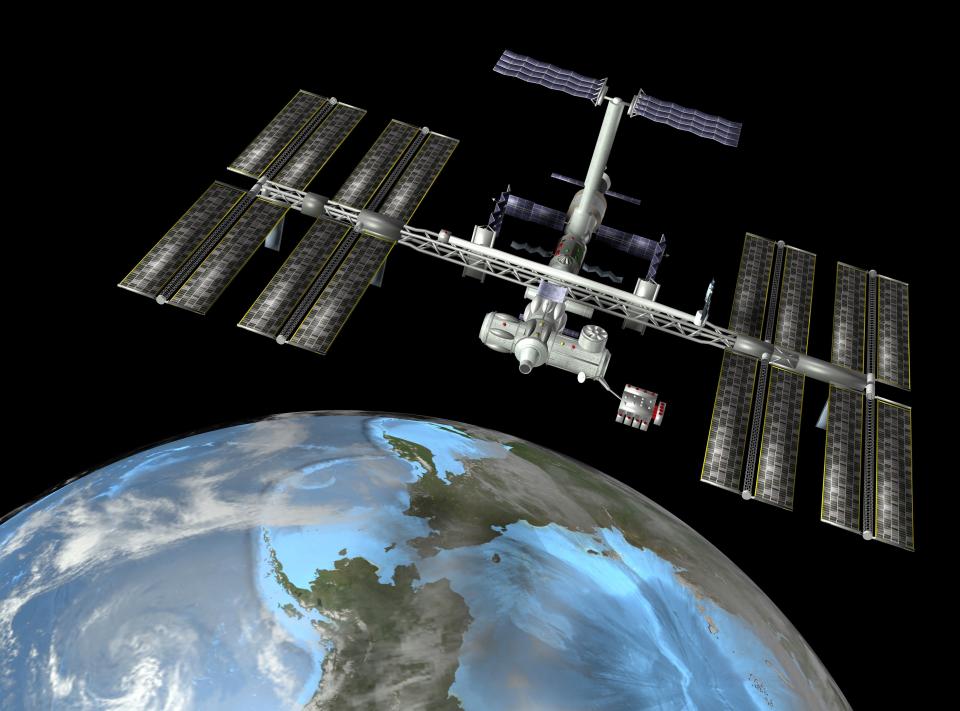Over 3,000 new space jobs were created in the UK last year

The UK’s space sector created over 3,000 new jobs, saw significant growth in income and bounced back from a slowing annual growth rate last year, according to a report released on Wednesday.
The UK Space Agency’s latest report on the size and health of the nation’s space sector shows the industry’s total income now stands at an impressive £14.8bn ($19.4bn). This is up from £13.7bn in 2016, when the last report was released.
What’s more, an additional 3,400 jobs took employment in the sector from 38,522 to 41,900 people over the two years.
READ MORE: Morgan Stanley is serious about investing in outer space and just had its first meeting
The 2016 report showed the sector’s annual growth rate had slowed to 1.6% in the 2014 to 2015 financial year. However, these new figures show an acceleration, with annual rates of 2.1% for 2015 to 2016 and 4.5% for 2016 to 2017.
The report also shows an average of 39 new companies have been added to the UK space sector every year since 2012.
According to the UK Space Agency, much of this growth is due to space manufacturing, including satellites, ground systems and components, which increased at a rate of 27% per year.
The UK has significant capabilities in this area, building major parts for one in four of the world’s commercial telecommunications satellites.
Chris Skidmore, science minister, said: “Our space industry is a great UK success story. New innovations and pioneering experts are helping the sector to grow faster than the rest of the economy as whole.
“The industry is not only providing thousands of new high-skilled jobs but supports a wealth of other sectors worth an estimated £300bn to the UK.
READ MORE: Outer space investors should bet on the moon, analysts say
“By investing in important infrastructure such as the National Satellite Test Facility near Oxford and establishing satellite launch capabilities, our modern Industrial Strategy is helping our space sector to thrive.”
The space industry generates over a third (37%) of its income from international trade, according to the report. The nation’s membership of the European Space Agency, which is independent of the EU, generates 29% of these exports.
France and the US account for the largest share of exports to individual countries at 40% and 8%, respectively.
READ MORE: Amazon’s cloud-computing business is looking to space
Broadcasting accounts for just over half (51%) of the space industry’s income. There has also been strong growth in areas such as the supply of devices and equipment that use satellite data.
EU Space programmes like Galileo account for 2.5% of the total income, and defence and military has seen strong growth, increasing from 2% to 8% of income.
WATCH: Interview with Dr Alice Bunn, international director at the UK Space Agency.
With Yahoo Finance UK’s Alanna Petroff, live from the World Economic Forum in Davos, 22 January 2019.

 Yahoo Finance
Yahoo Finance 